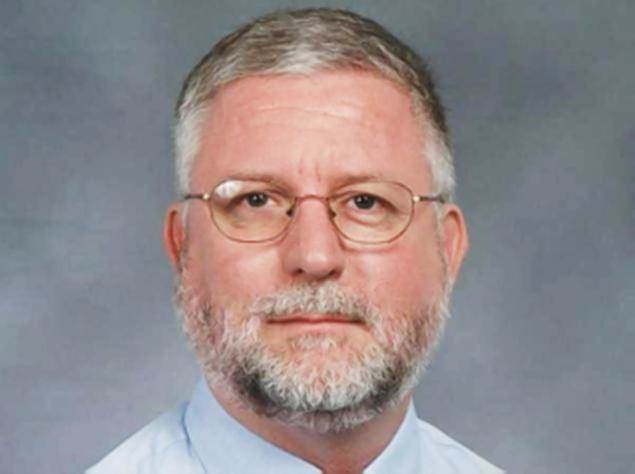School pays families after deaths of hypnotised students
Headteacher George Kenney reportedly hypnotised 75 students and staff

Your support helps us to tell the story
From reproductive rights to climate change to Big Tech, The Independent is on the ground when the story is developing. Whether it's investigating the financials of Elon Musk's pro-Trump PAC or producing our latest documentary, 'The A Word', which shines a light on the American women fighting for reproductive rights, we know how important it is to parse out the facts from the messaging.
At such a critical moment in US history, we need reporters on the ground. Your donation allows us to keep sending journalists to speak to both sides of the story.
The Independent is trusted by Americans across the entire political spectrum. And unlike many other quality news outlets, we choose not to lock Americans out of our reporting and analysis with paywalls. We believe quality journalism should be available to everyone, paid for by those who can afford it.
Your support makes all the difference.A school has agreed to a settlement with the families of three students who died after being hypnotised by their headteacher.
Florida's North Port High School board agreed to pay $200,000 (£131,000) to each family.
The case began after former principal George Kenney admitted he hypnotised 16-year-old Wesley McKinley a day before the teenager committed suicide in 2011, the Herald Tribune reports.
A subsequent investigation is said to have found Mr Kenney had hypnotised as many as 75 students and staff members from 2006 until the teenager's death.
One basketball player reported he had been hypnotised up to 40 times to improve his concentration.
He also hypnotised Brittany Palumbo, 17, who committed suicide in 2011, and Marcus Freeman, 16, who was killed in a fatal car accident after self-hypnotising, a technique Mr Kenney is reported to have taught him, it is claimed.
Before the deaths, a school official had reportedly warned the headteacher on three occasions he was not to practice hypnosis unless it was a demonstration in a psychology class and he had written permission from their parents.
However, even those demonstrations may have been illegal because Mr Kenney did not have a license to practice hypnosis, according to the Herald Tribune.
Following the investigation, Mr Kenney was placed on administrative leave and resigned the following year.
He was later reportedly charged with two misdemeanors for practising hypnosis without a license, for which he entered a plea of no contest.
The school board agreed to the settlement and said they were "just happy to put this behind them".
Join our commenting forum
Join thought-provoking conversations, follow other Independent readers and see their replies
Comments